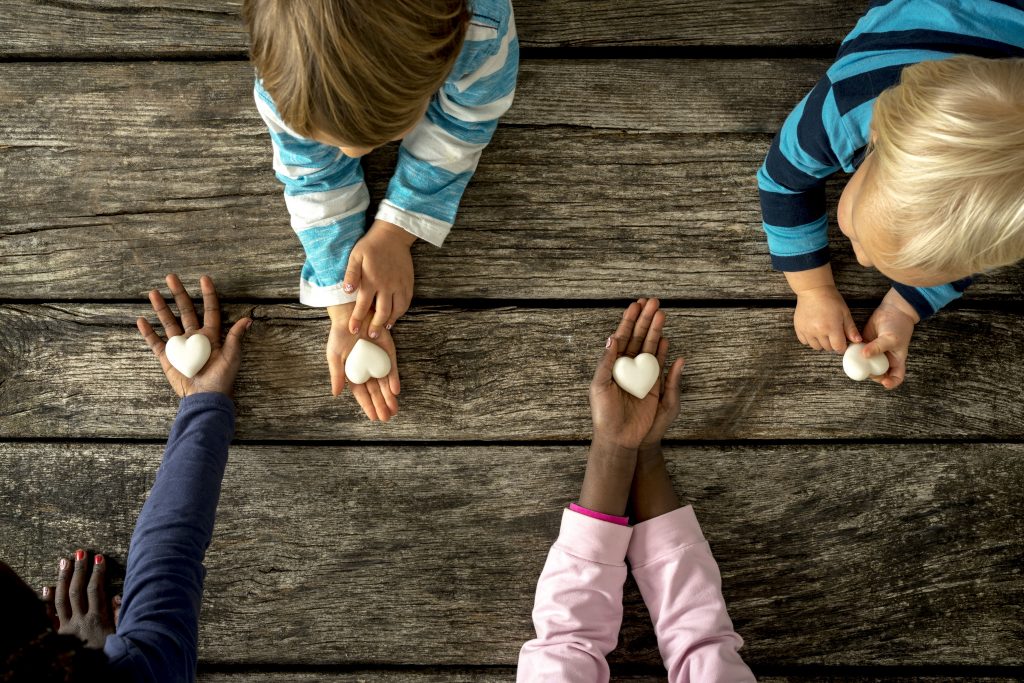Back in the 1880s, the anthropologist Franz Boas noted that Canada’s Eskimos had more than 50 words for snow. There’s one word for a gentle snowfall and another for the kind of snow that’s good for sled riding. When snow is the dominant feature of your habitat, you learn to make distinctions, and the distinctions are very important.
(I once heard a comedian observe that, in a certain American city, the residents had more than 50 words for “filth.” But I digress.)
Everyone today agrees that love is very important. We all love “love.” And we all hate hate.
But we don’t make distinctions. A woman will say she loves her husband, and the next moment she’ll say she loves her new dress, or loves Nutella, or loves her job. A man will say he loves his wife, but “love” also describes his relationship with the Dodgers and craft beers.
The ancient Greeks thought “love” important enough to merit distinctions — and different words — depending on the object of one’s attachment and the intensity of one’s commitment. They had one, two, three, FOUR words where we have only one. When any one of those words appear in the Bible, it usually gets translated as “love.”
Usually, I’m sure, we get the gist from the wider context of the reading. But sometimes maybe we miss something. I suspect maybe we’re also missing something when we use the word “love” the way we do in everyday speech.
The 20th century Christian thinker C.S. Lewis wrote a book that examined the four Greek words for love. It’s titled, appropriately enough, “The Four Loves.” And the four, according to his accounting, shake out in the following ways.
Storge describes the kind of affection we have for people with whom we’ve spent a lot of time — certain classmates, co-workers, neighbors. We’re comfortable with them. They’re familiar to us. They’re companions.
Philia is the love shared by friends. It’s “brotherly love.” It’s a strong and deep relationship that endures over time.
Eros is what we experience when we say we’re “in love” with someone. It is the bond that unites one man and one woman in mutual attraction and affection.
Finally comes agape, which describes the self-giving, live-giving love of God. It is unconditional love, sacrificial love, charity. It’s what St. Paul describes when he says: “Love is patient, love is kind. It is not jealous, is not pompous, it is not inflated, it is not rude, it does not seek its own interests, it is not quick-tempered, it does not brood over injury, it does not rejoice over wrongdoing but rejoices with the truth. It bears all things, believes all things, hopes all things, endures all things.”
This last love is the love we have been made for. We will not be happy until we love like that.
Yet only God has the power to love that way!
We, on the other hand, are weighed down by our sins — distracted, diminished, unseeing, insensitive and selfish.
Thanks be to God that he has shared his life with us. He has made us sharers in the divine nature (2 Peter 1:4). In Baptism and Holy Communion we have received the grace — the power — to love as God loves. We can love with his love.
God’s love purifies even our lower loves, so that they don’t become destructive or idolatrous — because all of them can. Companionship, friendship and even marriage contain within them the seeds of their own destruction (and our own destruction), if they are not ordered to the love of God. Love can go toxic, and it often does. You’ve probably seen it all by now, in your family, your friends, your co-workers. Maybe you’re a survivor yourself.
Love is supposed to define a Christian’s habitat, just as snow defines an Eskimo’s. It’s good for us, then, to know our loves when we see them, to distinguish between them, and to order them all to divine love.
I’ll come back to this idea next time.
